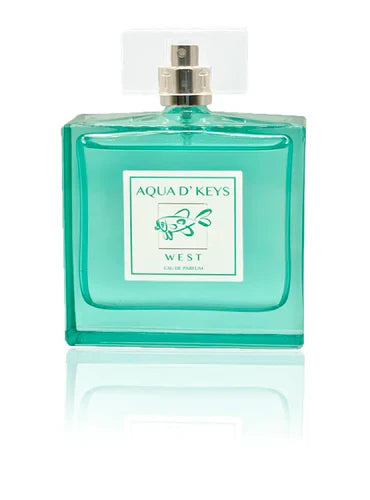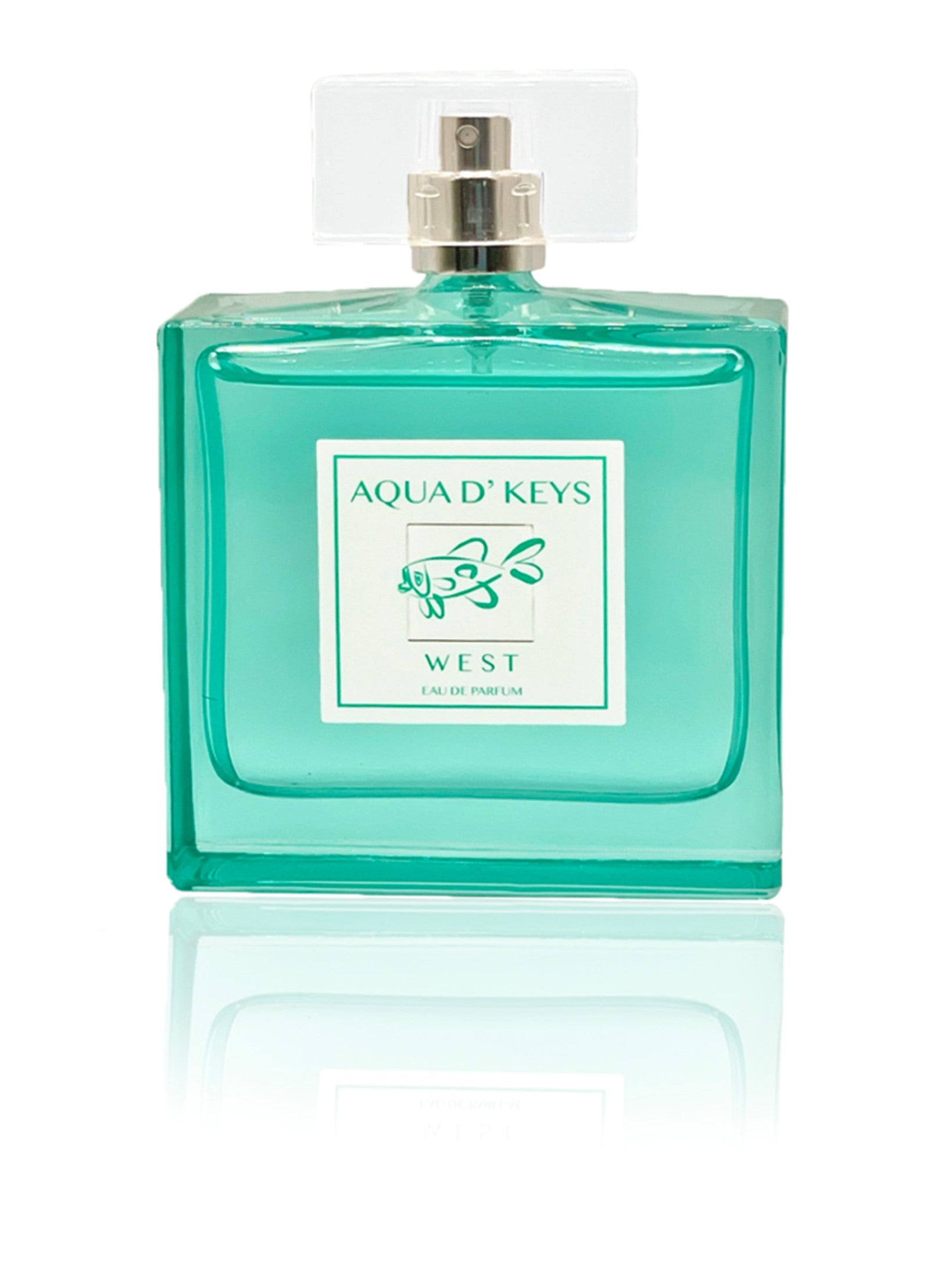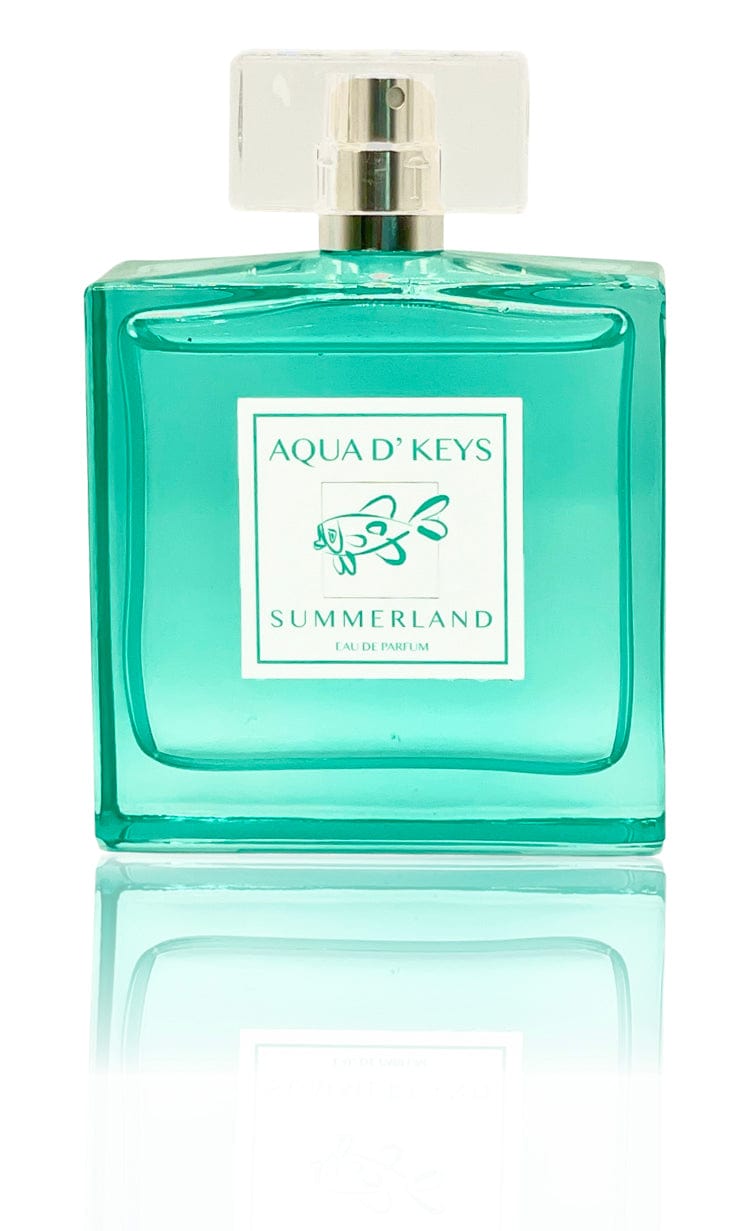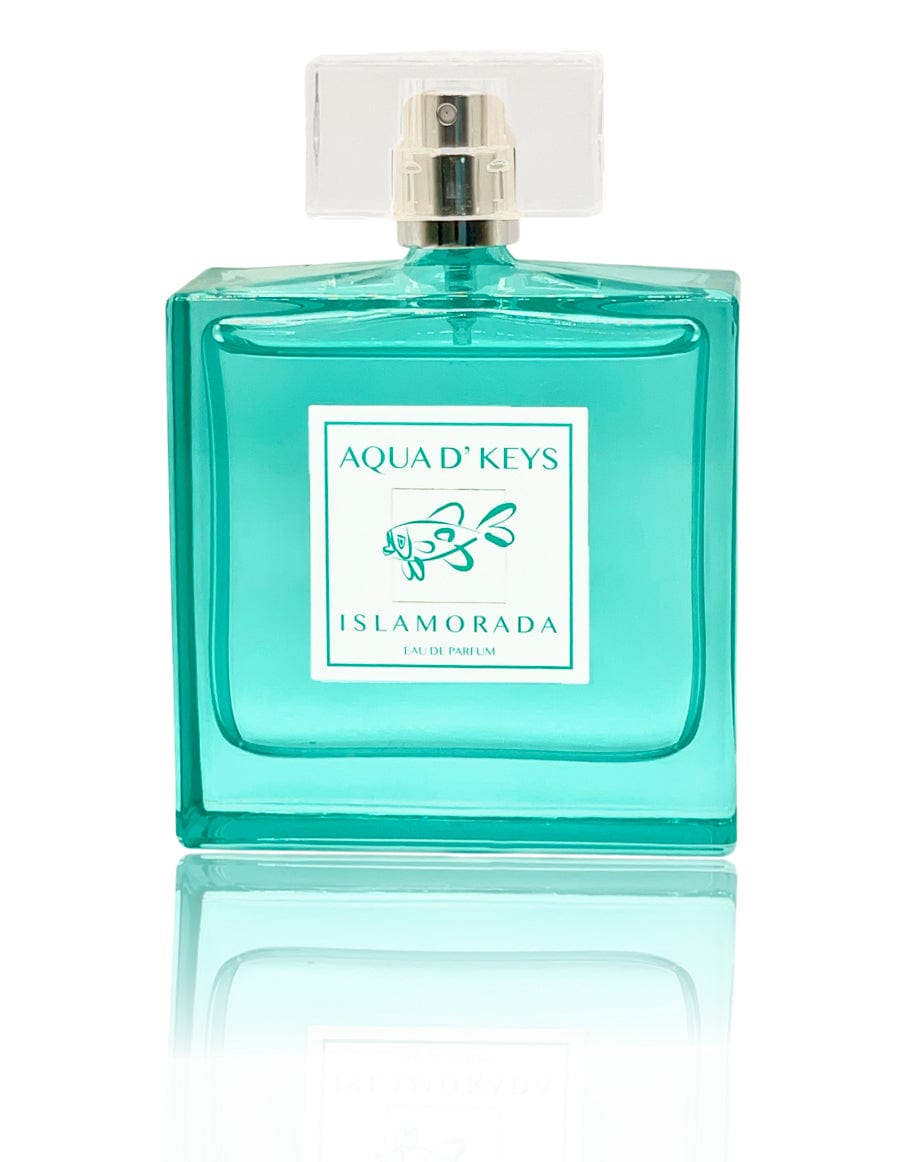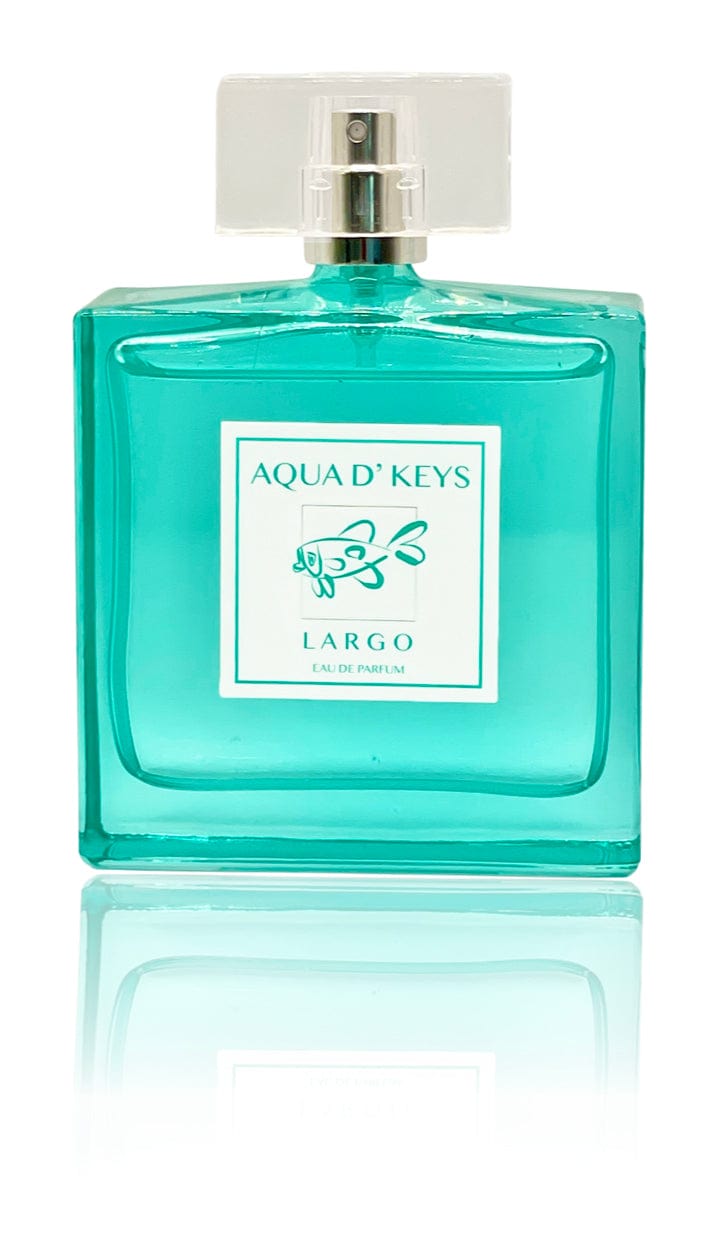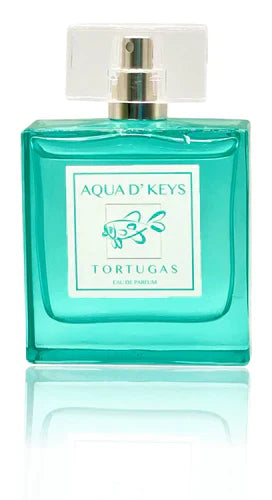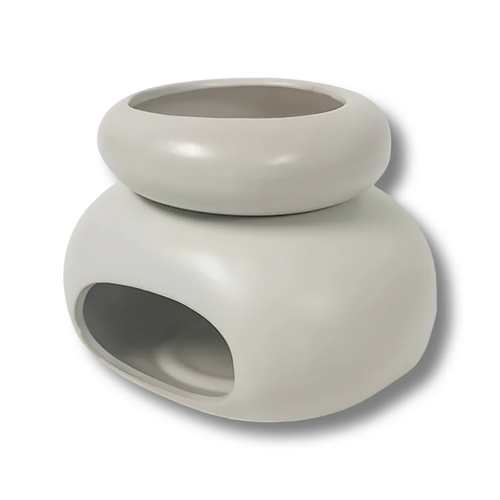How is Perfume Made?
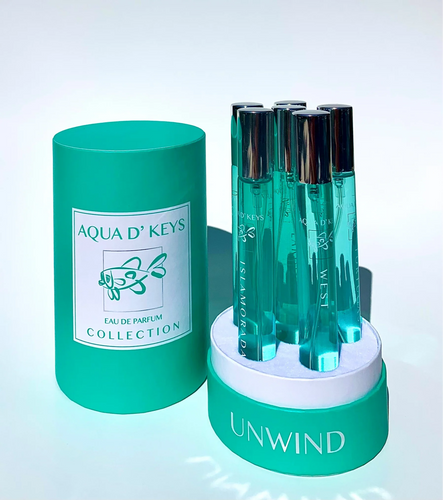
The process of perfume manufacturing begins with extracting scented oils from natural ingredients like plants, aromatic flowers, wood, spices, animal secretions, and more. These raw materials are extracted using several different methods including steam distillation, pressing, or solvent extraction in which the material is covered with alcohol. During solvent extraction, the plant parts eventually dissolve leaving behind a waxy substance containing the oils. After any kind of extraction, the oils are further refined and then blended with other ingredients to create the finished perfume.
Perfume in Ancient Times
Perfume has been used as far back as 4,000 years ago. In India, Mesopotamia, and Egypt, perfume was mainly used in religious ceremonies. Early civilizations extracted oils using extraction methods like pressing flowers, seeds, and leaves, as well as using natural animal oils like musk and ambergris.
Perfume oil was later used during the Roman Empire, in ancient China, and in the Persian culture where its manufacture became something of an art form. In the upcoming centuries, perfume became popular throughout Europe, with France a leader among perfume manufacturers.
The Original Process of Perfume Manufacturing
The first perfumes were created by infusing water or oils with scented flowers or fragrant woods. Later, the perfume manufacturing process extracted oil from plant materials and other various ingredients using the pressing method. These concentrated oils were then mixed with a carrier base like olive oil and aged like fine wine.
The methodology of producing perfume improved, including using alcohol to extract natural oils. The first modern perfume as we know it dates to 1370 when the Queen of Hungary ordered a custom scent made from scented oils in an alcohol solution.
Collection of Ingredients
The making of perfume involves collecting ingredients, sometimes hundreds of them. Essential oils are the first step, gathered from plants or animal-based perfume ingredients (such as musk from male deer). These natural scents are then blended with a fixative like coal tar or synthetic chemicals to hold the scent and help it evaporate slowly. Alcohol and water are added in specific ratios to dilute the formula. The difference between perfume and fragrance lies in the amount of alcohol used in the mix. Eau de parfum has less alcohol in the formula, while a body spray or fragrance has more.
Oil Extraction
Extracting oils used in perfume can be done in several ways, from dissolving the material in an alcohol-based solvent to pressing them manually or mechanically. The most popular method that perfume makers employ today in extracting plant oils is using solvents that allow for extracting from a wider range of ingredients, especially more delicate ones.
Solvent Extraction
Solvent extraction starts by putting the ingredients in a large drum and covering them with a solvent like hexane, benzene, or petroleum ether. The items are rotated in the drum until the plant material dissolves. What remains is a waxy substance that holds the essential oil.
Steam Distillation
Another form of oil extraction is steam distillation. The natural ingredients of the plant, stem, and leaves are placed in a still in which steam passes through them. The material is vaporized, ultimately producing essential oils. Those oils extracted then flow into cooling pipes.
Expression
"Expression" is a very old method to produce essential oils, and mostly used for extracting citrus oils. The plant material is pressed or squeezed either mechanically or by hand until the oils are extracted.
Enfleurage
This technique in perfume creation uses large glass sheets for essential oil extraction. The glass sheets are coated with fat or grease and the flowers are placed in between. Over time, the fat absorbs the scented oil, then is filtered to keep the scent but remove the flowers.
Maceration
This method is similar to "enfleurage" in extracting scented oil but uses warm fats instead of grease to soak up the essential oils. The fats are dissolved in alcohol, leaving behind the perfume oils.
Blending the Ingredients
Once the essential oils are ready, blending is the next step in how a perfume is made. Ingredients including fixatives like resins or synthetic chemicals plus carrier agents are added in highly specific ratios to the oils. These recipes have been carefully developed by a professional known in the perfume industry as "the nose." Finally, this mixture is further diluted with water and alcohol. The formula with the most amount of highly concentrated perfume oil and the least amount of alcohol is classified as "perfume" whereas those formulas with more alcohol fall into the categories of eau de toilette, body mists, and the like.
Because certain natural ingredients are harder to come by (such as castor from beavers or ambergris from whales), more synthetic chemicals and synthetic scents are being used today in the manufacturing process. This brings down the cost as well as, in some cases, being less harmful to the environment.
The Aging Process
Like a great winemaker, the perfume maker takes the aging process for his creation seriously. Letting the formula age for months, even years, allows the different fragrance notes to blend in unique ways. A high-quality perfume relies on aging during the manufacturing process to create an enduring fragrance.
Quality Control
The perfume manufacturing process relies on strict quality control to ensure that no harmful or undesired products make it into their finished product. This is especially true in the use of synthetic ingredients to replace certain raw materials. As popular perfume brands manufacture synthetic smells they take every caution to test that they're safe.
How to Store and Preserve Perfume?
You might wonder, "Does perfume expire?" It doesn't have to as long as you store it properly. Most perfumes, from luxury perfumes to unisex fragrances, will maintain their proper scent for anywhere from three to five years on average with a little care. Store them away from heat, in a cool and dry place (so not in the refrigerator or bathroom).
Keep perfume or unisex fragrances away from the light so as not to break down the essential oils; store it in the original box if you can and keep it tightly sealed to avoid exposure to the air. Some experts suggest storing your luxury perfumes on a low shelf because warm air rises and the heat can affect them.
A Cool and Dark Place
Perfume reacts to heat, light, and humidity, so if you want to preserve it, a cool, dark place is essential for storing your fragrance bottles. Keep them in the original box if you can. Bathrooms are out (humidity) as are refrigerators (cold, but damp and the temperatures fluctuate).
No Contact with Heat Sources
Heat affects the essential oils in perfume, so keep them in a cool, dark place. It's also recommended to store them on a low shelf because warm air rises. Just ensure that the shelf isn't too close to a heat source like a floor or wall register.
Tight Seal
Exposure to air can impact the quality of your luxury perfume, so keep the bottle tightly sealed when you're not using it. Keeping the bottle in the original box is also good for prolonging the scent.
Avoid Excessive Shaking
You wouldn't shake a bottle of expensive fine wine, so don't do it with your luxury perfume. The natural ingredients have been carefully blended and should stay stable; shaking the bottle introduces air bubbles and causes the essential oils to separate which degrades the scent.
Conclusion
Fragrances, from lovely home scents or incense to body sprays and luxury perfumes, are one of the great pleasures in life. No wonder they've been part of life for nearly 4,000 years, carefully preserved in hand-crafted, artfully-decorated containers. In fact, the world's most expensive perfume today costs a little over a million dollars due to its rare ingredients and diamond-encrusted bottle. Fortunately, when shopping for luxury perfumes online, there's a full range of affordable fragrances to enhance your life.
A great scent can elevate your mood, recall a special memory, or set the tone in a room. A beautifully crafted perfume is an affordable luxury that serves as an extension of your style and personality.
Aqua D'Keys offers luxury perfumes, home scents, unisex fragrances, and bath/body products infused with the spirit of the Florida Keys. We hand-craft our boutique line of unisex fragrances and perfume gift boxes with fresh ingredients that mimic the unique Key West fragrance. Then we artfully blend them in different scents designed to reflect the unique spirit of the Keys.
Embrace your adventurous side with the elegant luxury fragrance collection from Aqua D'Keys.
Search Blog
Related Articles
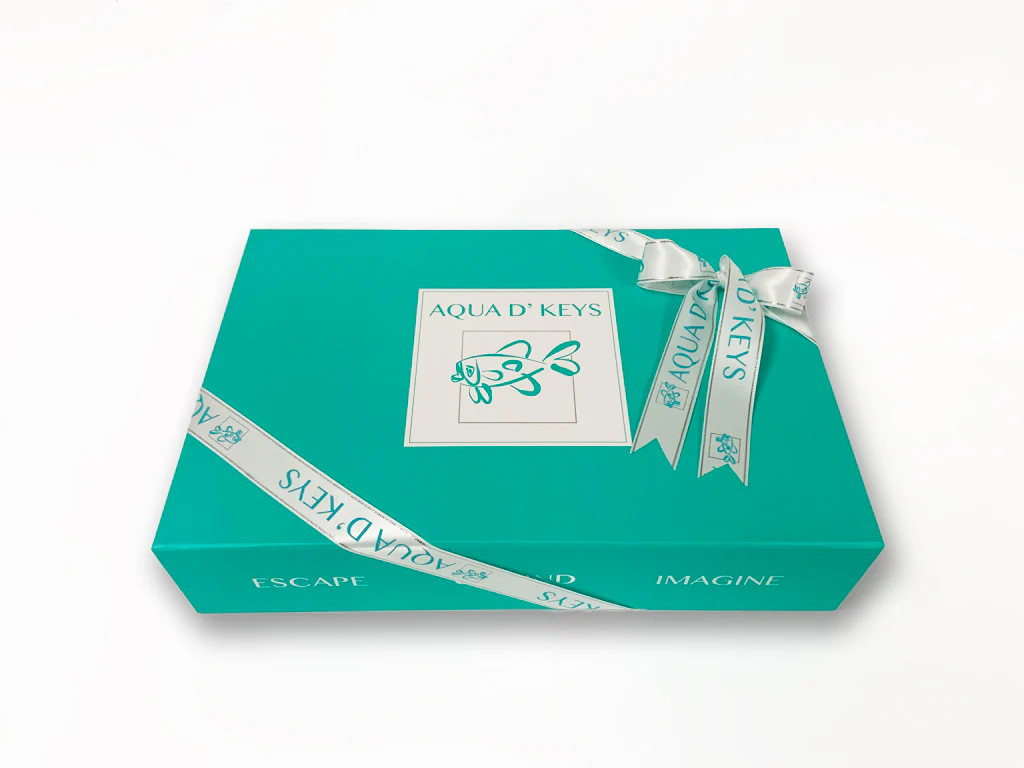
The Art of Layering Scents: Create Your Signature Fragrance
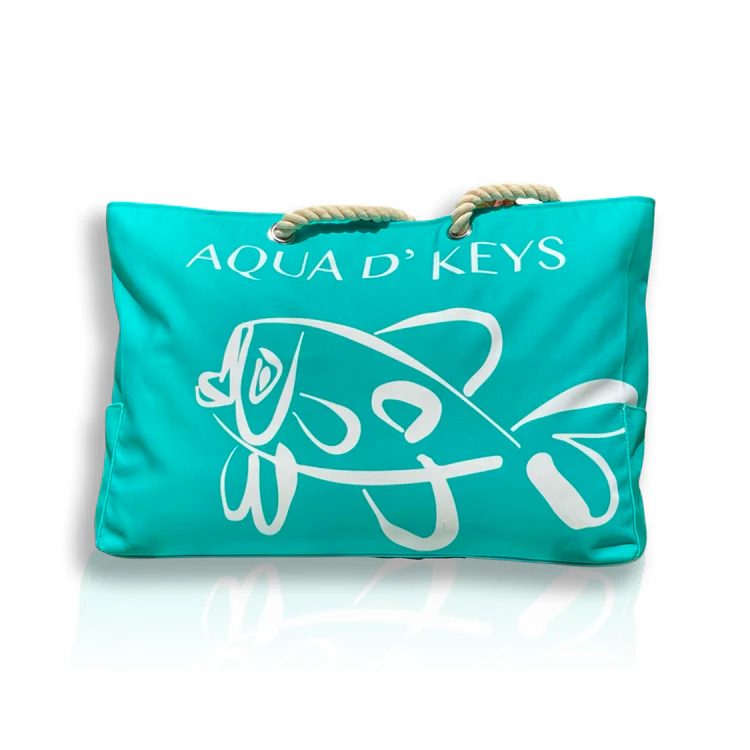
How to Choose a Beach Bag Based on Your Personal Style
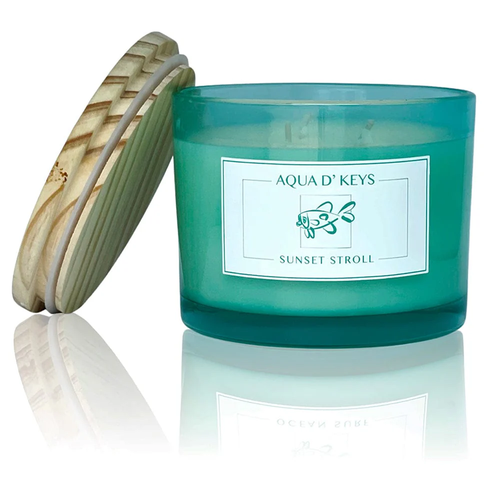
Choosing the Right Luxury Scent for Each Room in Your Home
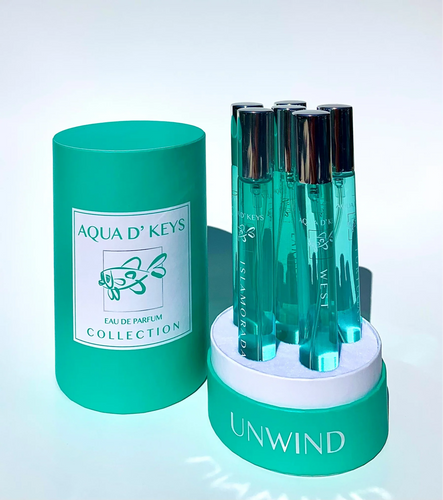
The Difference Between Perfume, Cologne, and Eau de Toilette
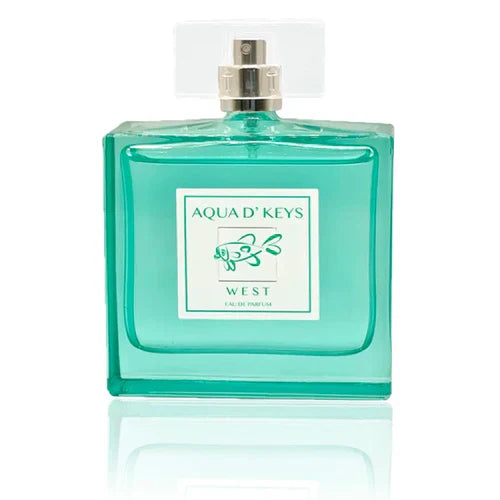
5 Tips for Finding Your Signature Scent
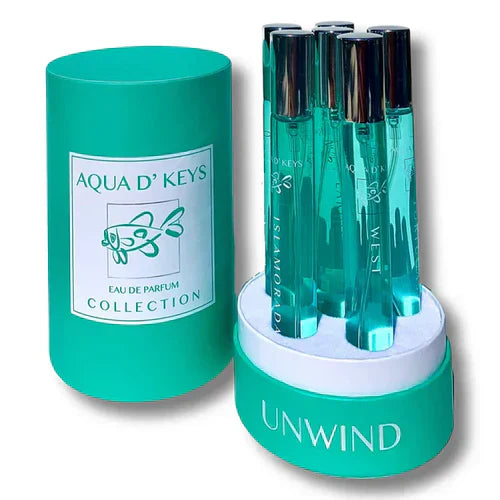
What's The Difference Between Perfume and Fragrance?
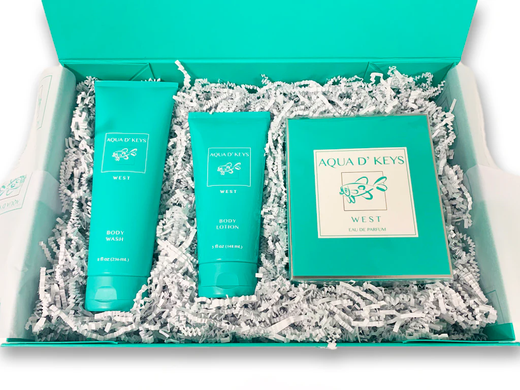
How Body Chemistry Affects Perfume Fragrance
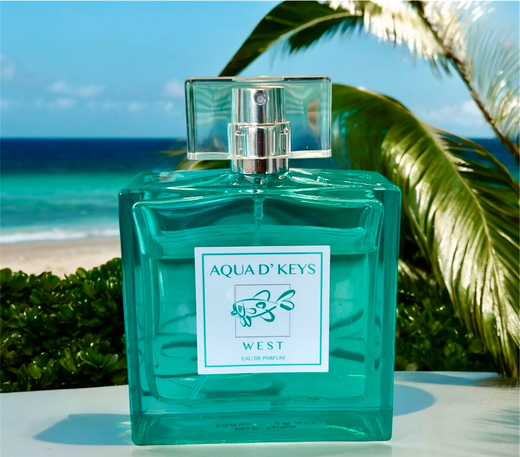
Does Perfume Expire?
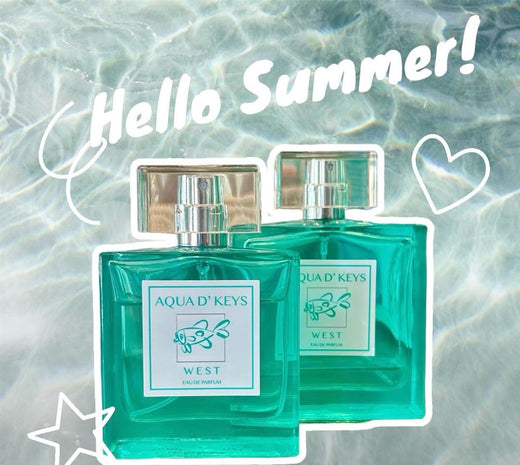
How to Apply Perfume 6 Steps to Wear Fragrance
